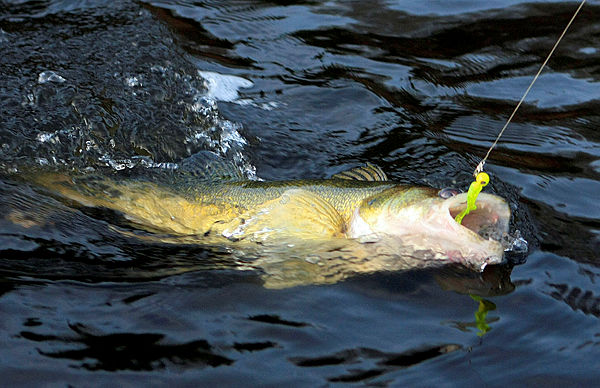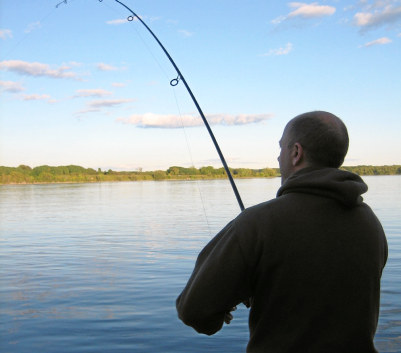- A breath of fresh air spread across Canada’s scientific community in the past several months. After years of tight government restrictions and deep funding

- A breath of fresh air spread across Canada’s scientific community in the past several months. After years of tight government restrictions and deep funding
- A breath of fresh air spread across Canada’s scientific community in the past several months. After years of tight government restrictions and deep funding



